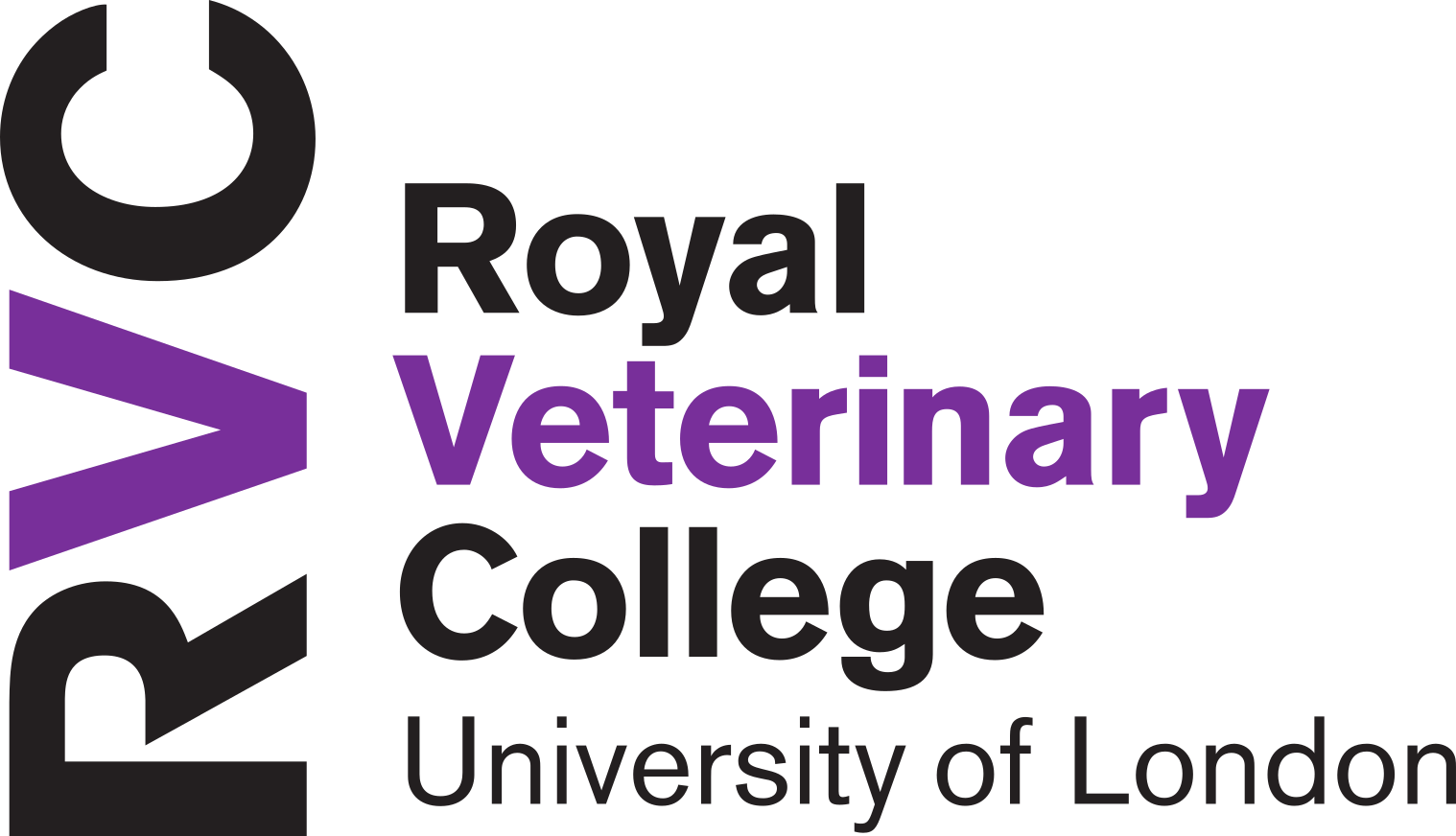Over-Committing to Too Many Pets [and the Toll on Team Mental Health and Patient]
![Over-Committing to Too Many Pets [and the Toll on Team Mental Health and Patient]](https://cdn.asp.events/CLIENT_CloserSt_D86EA381_5056_B739_5482D50A1A831DDD/sites/london-vet-2025/media/libraries/press-release/Over-committing-too-many-pets.png/fit-in/700x9999/filters:no_upscale())
Do you have superhero syndrome? You might not realise it, but taking on too many pets--because you care--can backfire and cause harm to your team and patients.
Last month, the Vet Shows featured Melanie Bowden’s Tedx Talk – which went viral in March 2020 with over 200K views. This week, Melanie Bowden shares her opinion about the cost of over-committing to too many pets.
I don't know about the rest of the veterinary world, but the clinics I work in have been slammed with patients wanting to be seen. Maybe it’s pent up demand from the months of quarantine with COVID-19, maybe it’s because of stimulus checks, or perhaps just because pet owners are home and therefore able to be more observant. Regardless of the reason, we have been busy - and that means increased stress for team members at all levels.
No one wants to have to tell a distressed pet owner that their pet can’t be seen. So, when a client calls in and the schedule is fully booked, it starts a domino effect. The reception team member tries to offer alternative days, to which the client usually emphasises how urgent it is they need to be seen and increases the stress of the receptionist. They then go back to a nurse, wide-eyed, urgently advocating for the pet to be seen today. The nurse, who is now stressed, bumps it to the veterinarian.
Just the other day I had a situation where I had already accepted double-booking 3 appointments, and a team member came to me saying, “Doctor Bowden, I hate to ask, but this is a longtime client and she says he really isn’t doing well and I think he should be seen today. You are so efficient I thought I could just pop him in here at the double pet appointment.” It always seems to be an “emergency,” even if the issue has been going on for days. It always seems to need to happen today and can’t wait.
In these situations, I immediately have an emotional response. My cortisol spikes as my brain immediately starts running through all the things I need to do, and at the same time I grapple with not wanting to let my team down, the pet down, and the family down. With the phone ringing in the background, holding a pet mid-exam, and a nurse also asking me questions, it’s hard to think straight and respond to the request in a reasonable manner. Stress and guilt are a powerful toxic emotional combo that leaves me feeling defeated and burnt out most days; it’s hard to see the win-win pathways in that mindset.
I appreciate that my team thinks I am efficient and a good vet. But the thing they don’t see and realise when they look at the schedule is all of the non-appointment components of my job. I have a list of callbacks. I need time to communicate with clients about hospitalized pets. There are prescription requests awaiting approval. Research I need to do for an upcoming or recently seen case. And then there are other logistical concerns like, will there be an assistant available to help me with a non-planned exam? Assistants also help with inventory, callbacks, cleaning, surgeries, monitoring, and medications of in-practice pets. They have a lot of non-appointment-based responsibility, as well. There are a lot of factors that don’t appear in an appointment slot, which impact how successful I will be in helping this pet on the phone more than I put my current patients and team at risk of suffering.
Here’s the deal: it’s not only appropriate but necessary, to learn to set boundaries and say “no.” Burnout doesn’t just happen to us, we’re also part of the problem. A combination of high workload, lack of resources, and a superhero syndrome puts veterinarians in a place where we end up over committing day after day. And the rub is, it’s not only bad for your mental health, but it also has a real negative impact on the care of our patients. Overworking your team means pets are not monitored as closely, more mistakes are made and fewer treatments and testing are offered to appropriately work-up cases due to lack of time. When you accept that additional pet, all the pets you already agreed to take under your care, and your team, suffer.
So, if you can’t say “no” for yourself, do it for them. And take time to find out which pets really do need to be seen and which can wait until tomorrow. The third pathway is often to communicate to the client your concern for the pet’s discomfort, offering a level of palliative care for that night and getting them in tomorrow.
Watch Dr Bowden’s viral Tedx Talk, “What Being a Veterinarian Really Takes.”





)
)
)
)
)
)
)
)
)
)
)
)
)